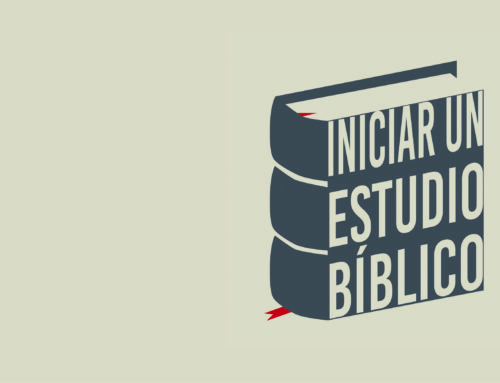 A number of years ago, I attended a course in Ignatian spirituality with a friend, not quite knowing what it was all about. There were many terms and rituals that were quite unfamiliar to me being a Salvationist from birth, but there were parts that resonated with me. My understanding of a ‘daily office’ was a location where people worked. I was intrigued by this concept and quite some time later, discovered in somewhat casual conversation that a friend was also longing for this experience.
A number of years ago, I attended a course in Ignatian spirituality with a friend, not quite knowing what it was all about. There were many terms and rituals that were quite unfamiliar to me being a Salvationist from birth, but there were parts that resonated with me. My understanding of a ‘daily office’ was a location where people worked. I was intrigued by this concept and quite some time later, discovered in somewhat casual conversation that a friend was also longing for this experience.
The daily office, or fixed-hour prayer, is the practice of interrupting secular time every three to four hours for the observance of worship time made sacred by prayer. I purchased my first book of prayers, The Book of Common Prayer, compiled around the time of the Reformation, and found it quite challenging, almost like following a recipe in French. I didn’t have a clue what was meant by the word ‘compline’ and I didn’t know how to decipher the ‘hours’. The first few times I felt quite clumsy trying to read my way to the right day and time, quite like perusing the recipe book and waiting for something to whet my appetite and satisfy a craving. I put the book down several times because it all seemed rather mechanical.
The regular practice of this ancient liturgy has connected me to the rhythms and prayers of a church bigger than myself and has helped my heart articulate what my own words could not.
Looking back at how I was brought up, I had two kinds of experiences with prayer. I grew up with a different brand of prayers from a different brand of saints. Prayer at my Corps may have been repeated but it was always spontaneous.
The second kind of experience was that prayer was something between God and me. I didn’t see any kind of shared context with the rest of the church.
Experiencing the daily office was a totally new way of praying. I likened this orthodox practice to a recipe that looks exotic; full of complex ingredients and challenging steps. I felt drawn by the Holy Spirit to persist in this Liturgy of the Hours, and found The Divine Hours to be most helpful. This Manual of Prayer is based on the Book of Common Prayer but is written in more contemporary language and laid out more simply. As I persevered, I realized this ancient practice to be one in which I joined with the generations from King David on who began each day inviting God to “Open our lips and our mouths will declare your praise.” Knowing that each moment of every day, God’s people are praying these same words revealed to me a new way to pray without ceasing, or in the words of Phyllis Tickle, “a continuous cascade of prayer before the throne of God”. It provided a regular pattern, order and practice for communion with God.
Lest you think I am always on time, this practice was not easy to ‘schedule’. Often I felt like a failure because I let a meeting or event, or laziness, interrupt my appointment with the Holy Spirit. When these circumstances occurred, though, I genuinely felt like something was missing and couldn’t wait to pick up where I’d left off. The regular practice of this ancient liturgy has connected me to the rhythms and prayers of a church bigger than myself and has helped my heart articulate what my own words could not.




